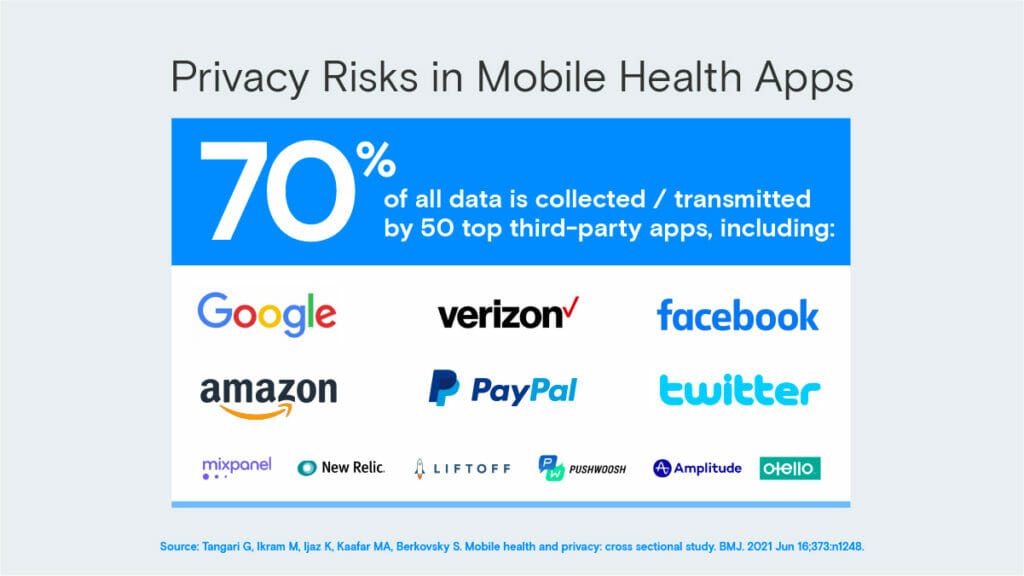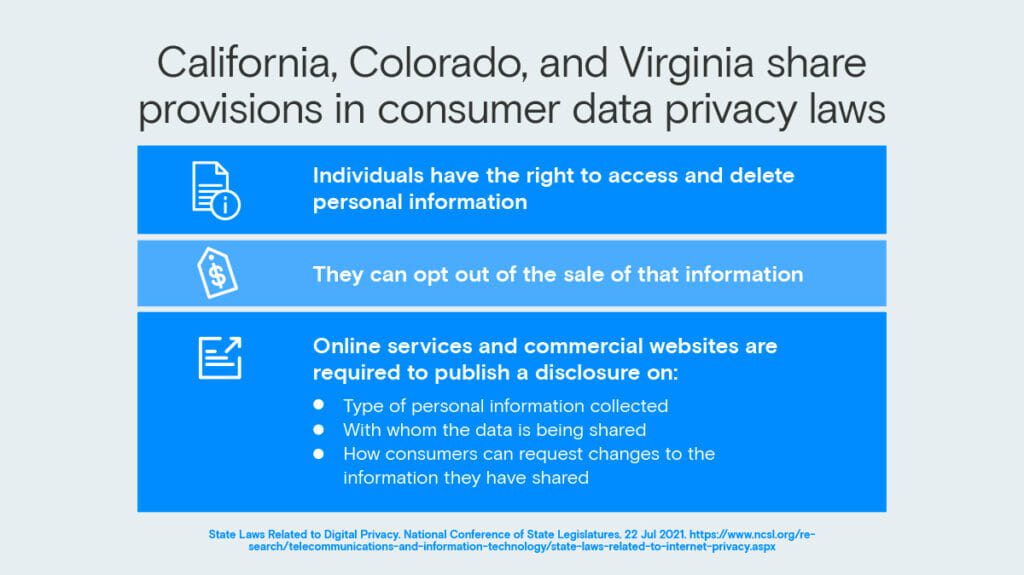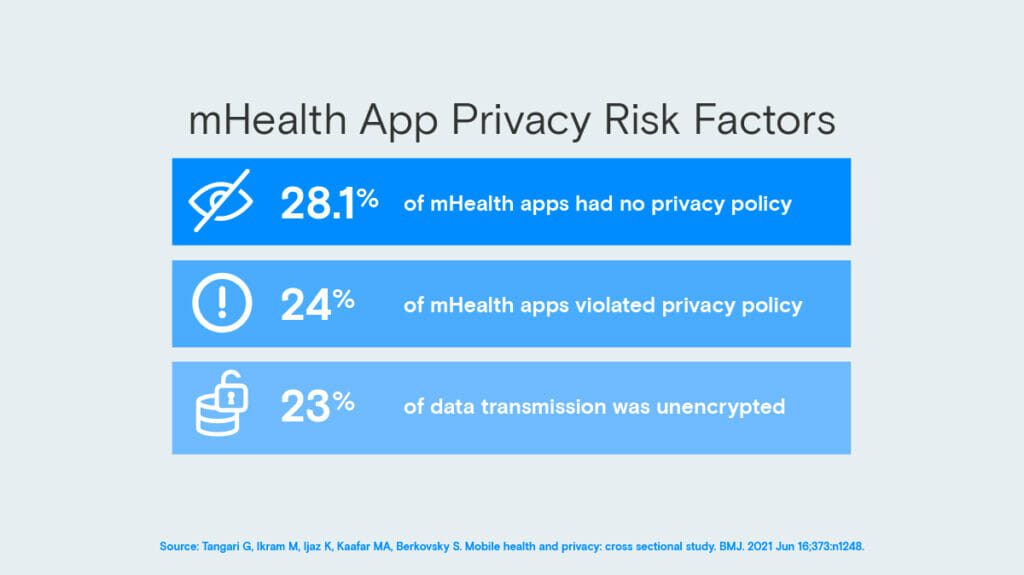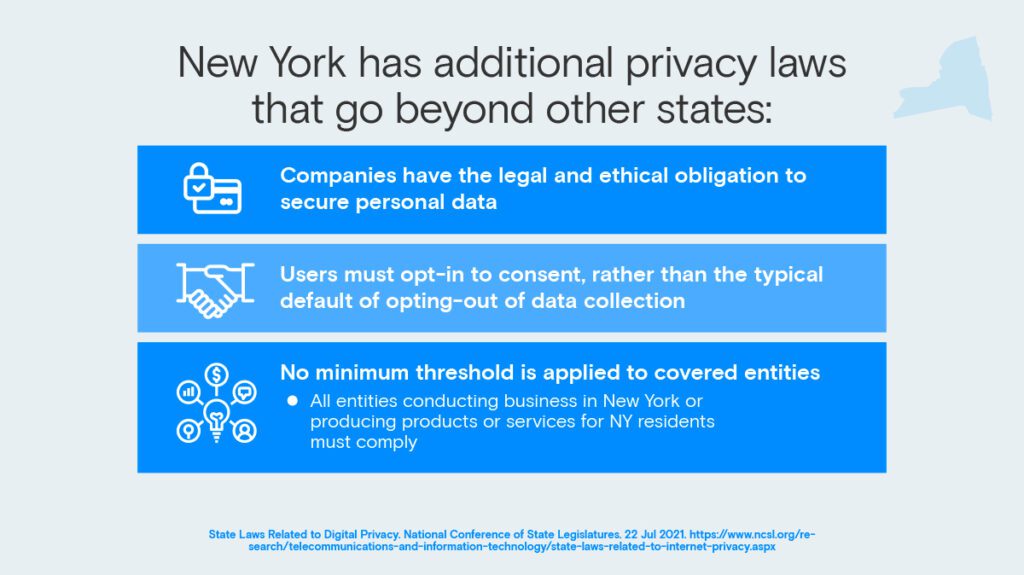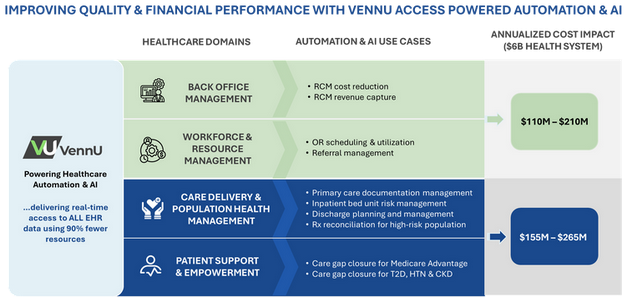
Rare Disease Day: Technology as a Lifeline for Research
Rare diseases affect millions globally, yet their small patient populations present enormous challenges for research. Recruiting participants for clinical trials can feel impossible, delaying progress and limiting options for those living with these conditions.
